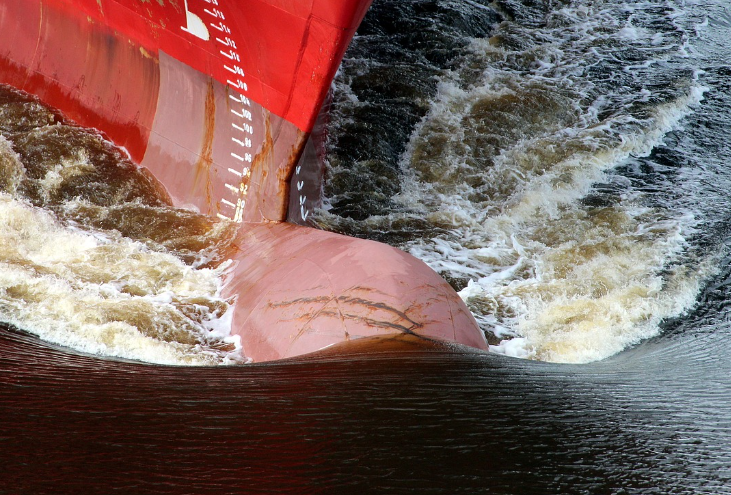The maritime industry is undergoing a major transformation driven by the dual goals of reducing fossil fuel dependence and enhancing air quality. Recently published research in the International Journal of Hydrogen Energy titled “Voyage Scheduling and Energy Management Co-Optimization in Hydrogen-Powered Ships” explores innovative solutions to these challenges.
The study illustrates the potential of all-electric ships (AES) to emerge as a sustainable alternative to conventional fossil-fuel-powered vessels.
Hybrid Microgrids and Their Advantages
AES offers several compelling advantages, including zero emissions, enhanced energy efficiency, and higher sustainability levels. However, the shift to AES introduces new challenges, such as managing a hybrid microgrid and optimizing voyage schedules. Hybrid fuel cell (FC)-battery energy storage (BES) technology holds promise in addressing these needs efficiently. The research introduces a comprehensive framework for optimal planning and scheduling of these hybrid microgrids within AES.
Optimal Planning for Economic and Sustainable Operations
The study applies multi-objective optimization techniques based on genetic algorithms to strike a balance between cost and voyage time. This framework is particularly useful in senarios wherein ships operate on a fixed route between two ports. Simulation results from this fixed-route case study demonstrated significant improvements: the total cost per voyage was reduced by 12%, and voyage time increased by 40% compared to the regular ship speed profile. Additionally, the optimized voyages saw travel time reductions of half an hour and 2 hours, respectively, compared to traditional speed profiles.
Verification through Mayfly Algorithm
To bolster confidence in these findings, the research team also employed the Mayfly Algorithm (MA) to solve the optimization problem for cost and voyage scheduling separately. The findings from the MA corroborated the effectiveness of the proposed framework, indicating superior energy efficiency and fuel economy while maintaining ship performance.
Challenges and Solutions in Microgrid Design
The implementation of AES hinges on the successful design of hybrid microgrids, a combination of batteries, fuel cells, and shore-side power sources. These microgrids must be meticulously planned to achieve energy efficiency and optimize economic factors. Key considerations include fuel economy, investment and operational costs, and environmental impact.
This detailed planning and co-optimization framework signals a potential maritime evolution. By integrating AES with hybrid microgrids, the industry can realize significant benefits in terms of cost, efficiency, and environmental sustainability. Although challenges remain, particularly in energy management and resource sizing, the study offers a promising roadmap for the future of maritime energy solutions.





